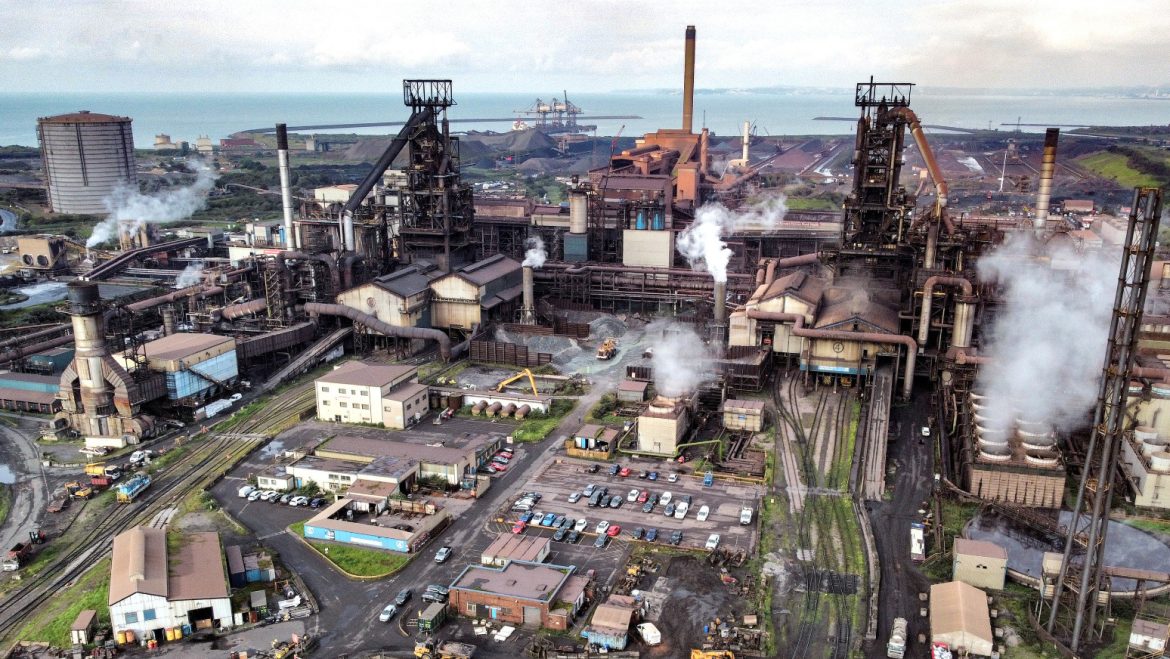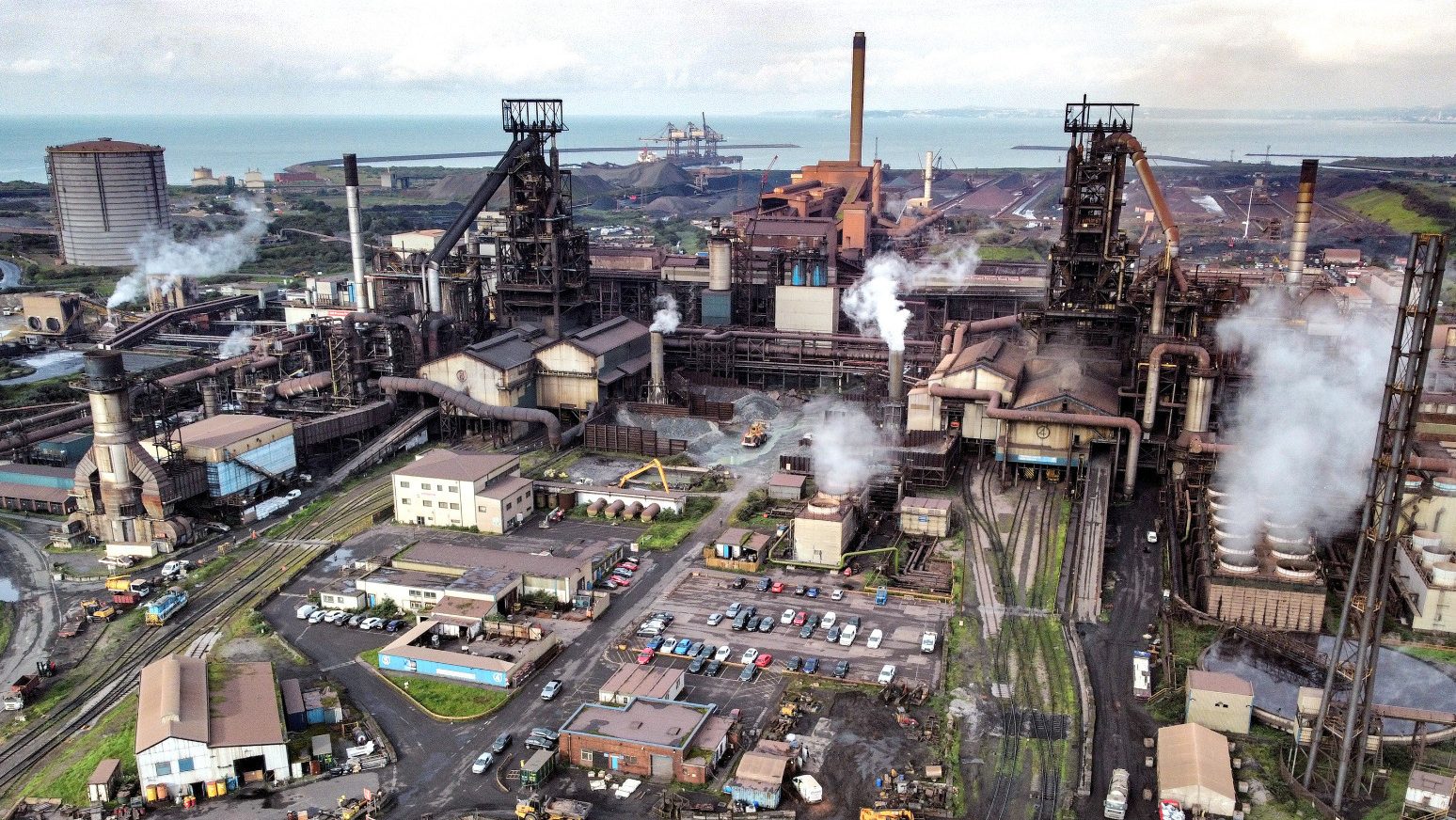Neath Port Talbot Council’s planning committee will meet on Tuesday evening.
Steel giant Tata’s plans for huge changes to steelmaking at its biggest plant are set to be approved by council planners.
Neath Port Talbot Council’s planning committee is expected to give the go-ahead at a meeting on Tuesday evening to the way steel is produced at the South Wales site.
Tata has closed blast furnaces and is switching to an electric arc furnace-based process which is greener but needs fewer workers.
Almost 2,000 jobs will be lost although the company and the Government have announced plans to help find new jobs for those affected and Tata says thousands of jobs will be preserved.
Rajesh Nair, chief executive of Tata Steel UK, told the PA news agency: “The planning decision is yet another important step in securing the future of steelmaking in Port Talbot.
“While the global market remains challenging for steel, we are committed to safeguarding steelmaking in Port Talbot for generations to come.
“Providing the application is approved, we intend to begin large-scale work on site this summer, ahead of the electric arc furnace starting up from the end of 2027.”
Switching to an electric arc furnace will cut on-site CO2 emissions by 90% compared with previous blast furnace-based steelmaking.
Tata’s planning application also sought permission to construct two new ladle metallurgy furnaces for secondary steelmaking, and supporting infrastructure.
An electric arc furnace uses electricity to melt predominantly scrap steel, of which Tata says there is an abundance in the UK
The company said planning permission is the latest milestone on its transition to green steelmaking.
Business and Trade Secretary Jonathan Reynolds said: “This is a major step forward in securing a bright, long-term future for steel in South Wales, following the improved deal for Port Talbot’s transition we agreed with Tata Steel and the next phase of our plan for steel – unveiled last week.
“Today’s news will provide security for Port Talbot’s green steel transition and help give Welsh steelmaking the certainty it needs to drive growth and attract investment, as part of our plan for change.”










